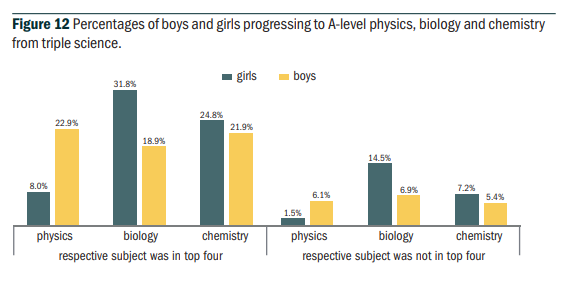Plan B
As part of the ESH Building my Skills programme each year, NUSTEM staff take part in a mock interview day with students from North East secondary schools. During the day, students have the opportunity to be interviewed once or twice by representatives from local businesses and other organisations. At NUSTEM we see the interviews as part-practice and part ‘behind the scenes’ to gives students an insight into what they might be asked and why in an interview.
I ask the students to tell me about themselves, and what career they might thinking about. As part of Building my Skills they will have already done some research into possible sectors of interest to them, so they all have something to say. There’s always an wide range of detail in their answers; with some young people knowing very clearly what they want to do and why, and others who have only a vague idea.
Regardless of their answer, my follow-on question is:
‘What is your plan B?’
This often throws the students as I suspect they’re not often asked what happens if they’re not successful.
What is most interesting to me is that, in their answers, students will often change the whole direction of what they would like to do for their plan B. For example, I’ve had students who had been interested in midwifery suggest that their plan B would be ‘something to do with drama’, or who wanted to be a tennis player, but their plan B would be ‘I dunno, maybe history?’. Very few give suggestions that are in a similar sector to the one they are planning for.
At this point in the interview, I’ll talk about other possibilities that the students could do that is not their first choice, but that is linked to it. Often I’ll suggest websites or resources that they might like to investigate. For example, if a student wants to study medicine, but their predicted grades make that look unlikely we’ll talk about what is it about medicine that interests them. They could study radiography, occupational therapy, Information management and so on. (Although I do have to admit that if it’s the salary that they find attractive, then the other options aren’t so well paid!)
I would encourage all students (and teachers and parents/carers) to think about their Plan B. Just in case.
Some useful websites:
Health careers from the NHS – an invaluable website for students that want to work in healthcare, and for their teachers and families to find out the huge range of careers.
This is Engineering from Engineering UK – looking at the opportunities in engineering from a range of different viewpoints e.g. design, space, fashion, sport
National Careers Service website – a government backed website which includes an A-Z description of over 800 different careers.


